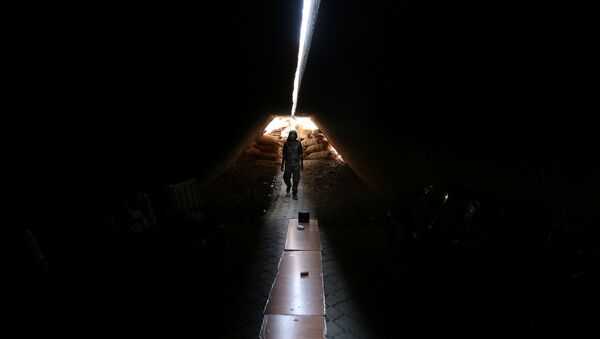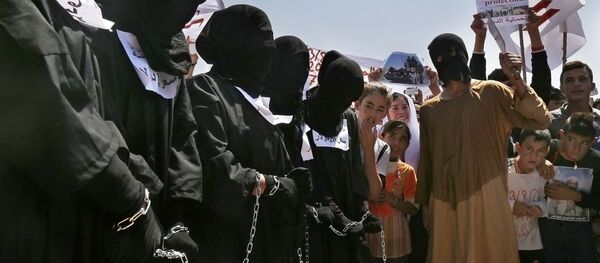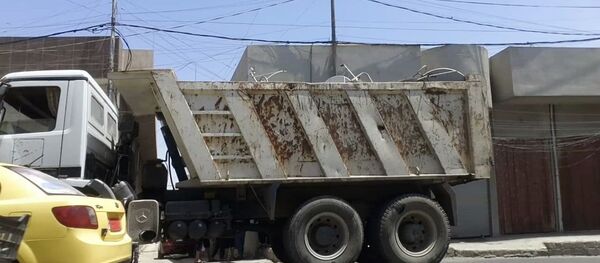Latest estimates by IHS Jane's show that Daesh-controlled territory shrank by 12 percent in the first six months of 2016 and this trend is unlikely to be reversed.
The terrorist group has already tried to offset its battlefield losses with major attacks in the Middle East, Europe and elsewhere.
"As [Daesh's] caliphate shrinks and it becomes increasingly clear that its governance project is failing, the group is re-prioritizing insurgency. This is leading to an increase in mass casualty attacks and sabotage of economic infrastructure, across Iraq and Syria, and further afield, including Europe," Columb Strack, a senior analyst at IHS, said.
Recent developments reinforce this view.
On Thursday, Mohamed Lahouaiej Bouhlel, a dual French-Tunisian national, drove a truck into a crowd celebrating Bastille Day at a world-famous waterfront in the French city of Nice. More than 85 people were killed in what became the worst terrorist attack in Nice's history and the third major attack in the country in the last two years. Daesh claimed responsibility for the July 14 horror.
"The successful attacks abroad are an indication of deep worry at home," Will McCants, a researcher at Brookings Institution, told the Washington Post. Daesh leaders are "really trying to prepare their followers to cope with a caliphate that is no longer a caliphate," he added.
Cole Bunzel, a PhD candidate in Near Eastern Studies at Princeton University, emphasized this development in an opinion piece for Jihadica.
"It is still too early to predict the collapse of [Daesh], but it is telling that the group's own media, which usually keep to a narrative of unstoppable progress and battlefield success, have begun signaling decline," he said.





